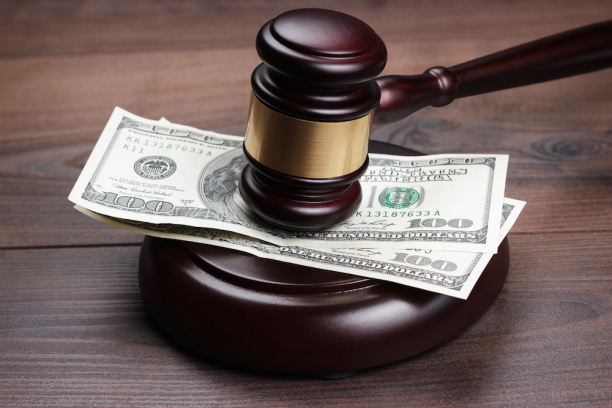Chapter 11 and Chapter 13 Plan Objections
We have represented creditors in judicial foreclosure sales conducted in the local courts for the Commonwealth of Puerto Rico, and if applicable, we can also represent creditors in judicial foreclosure sales in the United States District Court for the District of Puerto Rico.
Non-Judicial Foreclosures
We have represented creditors in non-judicial foreclosures. A non-judicial foreclosure is a legal process that permits a creditor to acquire real estate that secures repayment of a loan issued to a debtor that has defaulted on the payments. The process normally takes approximately 30 days to complete, depending on debtor’s cooperation, and results in the lender acquiring legal title of the property through a public deed executed before a Notary Public. A non-judicial foreclosure does not require the creditor to file a lawsuit.
Servicing Agents or Mortgage Loans
We have represented the holders of mortgage loans in Chapter 7, Chapter 13 and Chapter 11 bankruptcy cases filed by debtors in an attempt to save the property from foreclosure and repay the debt though a bankruptcy plan or to voluntarily surrender the property.
Preference Claim Defense
We have represented creditors in the defense of adversary lawsuits brought under § 547 of the Bankruptcy Code to avoid preferential payments. A preference is a payment of an antecedent debt made by a debtor to a creditor within 90 days before a bankruptcy case is filed. Section 547 of the Bankruptcy Code permits a debtor (or trustee of the bankruptcy estate) to sue the creditor that received the payment for a refund if the payment is legally considered a preference and none of the applicable defenses apply.
Lift Stay Motions
We have represented creditors in proceedings to lift the automatic stay. The automatic stay prevents creditors from continuing to collect debts that arose before the debtor filed for bankruptcy. This includes a prohibition against: (1) the foreclosure or repossession of a debtor's property; (2) the continuation of litigation against the debtor; (3) the enforcement of a judgment; and (4) taking or keeping control over a debtor’s property. To continue such collection activities, a creditor must file a motion in the bankruptcy case and ask the court to "lift the stay" – grant the creditor permission. The court will grant the motion if the court finds that “good cause” exists to lift the stay.
Automatic Stay Violation Defense
We assist creditors in defending against automatic stay violation claims. Section 362(k) of the Bankruptcy Code permits a debtor to sue a creditor that willfully violates the automatic stay. A creditor that violates the automatic stay can be ordered to pay actual damages, attorney’s fees, and in appropriate circumstances, punitive (punishment) damages.


